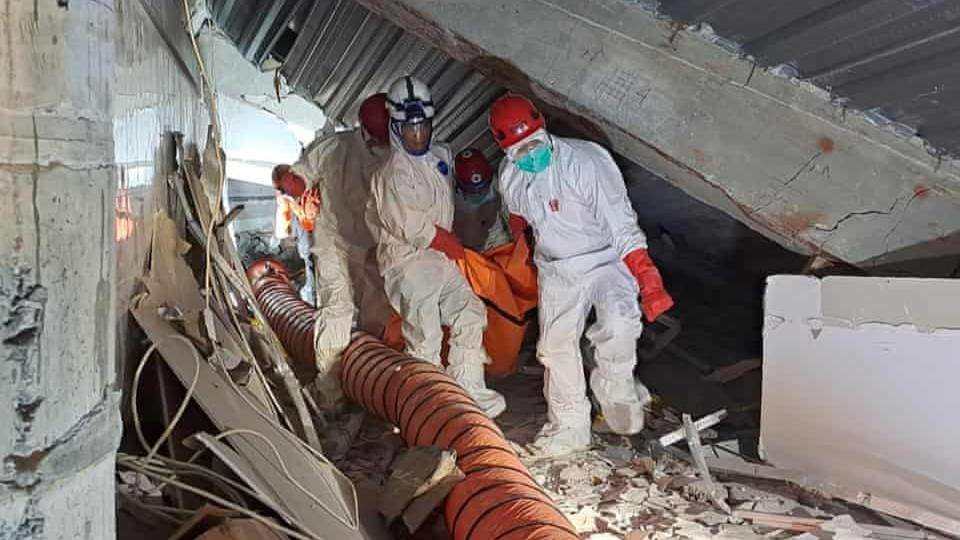Concerns have been raised that the unsolicited, flirtatious WhatsApp messages from people calling themselves "Charlie" or "Abi" were part of an organised attempt, possibly by a hostile state, to compromise or blackmail politicians, a technique known as a honeytrap.
It is understood that what was reported to the police last year was much more limited than the scale of the issue that has since come to light.
'Scared'
Security sources have cautioned against jumping to the conclusion that another state was involved, saying that there was no sign of a high level of sophistication or insight which would require that.
But in some cases explicit images were exchanged. William Wragg, an MP, has resigned the Conservative whip after saying that he gave the phone numbers of fellow MPs to a man he met on a dating app because he was "scared".
Earlier this week, the Met confirmed that an investigation was under way following the reports of the unsolicited messages.
The force has now issued an update on when it was first alerted about suspicious messages.
"The Met had previously received reports from two victims - the first in October with subsequent reports in November and March - about the unsolicited sending of explicit images to MPs," a spokesperson said.
"There was nothing to suggest that those incidents were part of a wider pattern of offending that would have necessitated any sort of warning to Parliamentarians and staff.
"The scale and coordinated nature of this matter became apparent following the receipt of a number of further allegations prompted by recent media reporting.
"Our investigation is considering all reports in a coordinated way and is ongoing."
The Parliamentary Security Department, which is responsible for MPs' security, was made aware of the report to the police as part of its regular liaison with the Metropolitan Police, whose officers protect the Westminster estate.
The BBC can also disclose that some of those caught up in the alleged honeytrap are frustrated at the progress of the police investigation.
Potential risks
One former MP who received messages via WhatsApp in March said he was "surprised" he had yet to hear from the Met, despite agreeing for his details to be passed on by the Commons authorities last week.
"I thought I'd have heard from them on Friday or Monday even if it was just trying to form a picture of who this person has contacted. I thought someone would have spoken to me by now," he said.
He also called for more communication with former MPs about the potential risks they could face from unsolicited messages.
Another man targeted with messages said he had also yet to speak to the police despite sharing information with the Commons authorities.
But a third man who received messages in March said he had heard from investigating officers within half an hour of reporting concerns to staff in parliament.
Officers are now in the process of contacting all those who have made reports.
The Met said the security of MPs and security arrangements for individual MPs were "kept under continual review".
Source: BBC



_2.jpg)


.svg)

